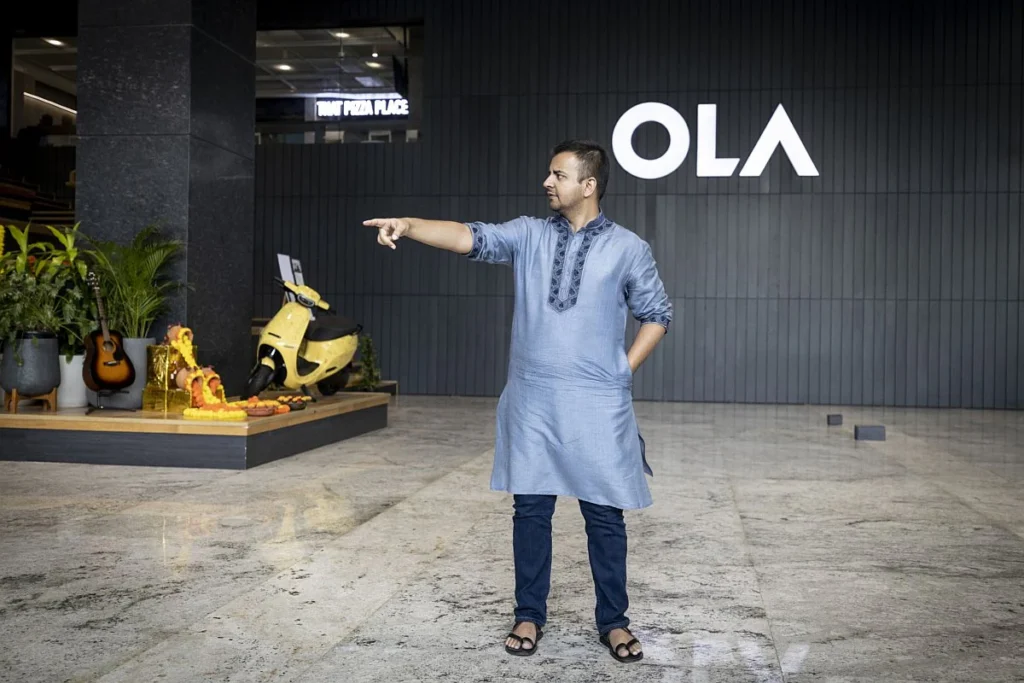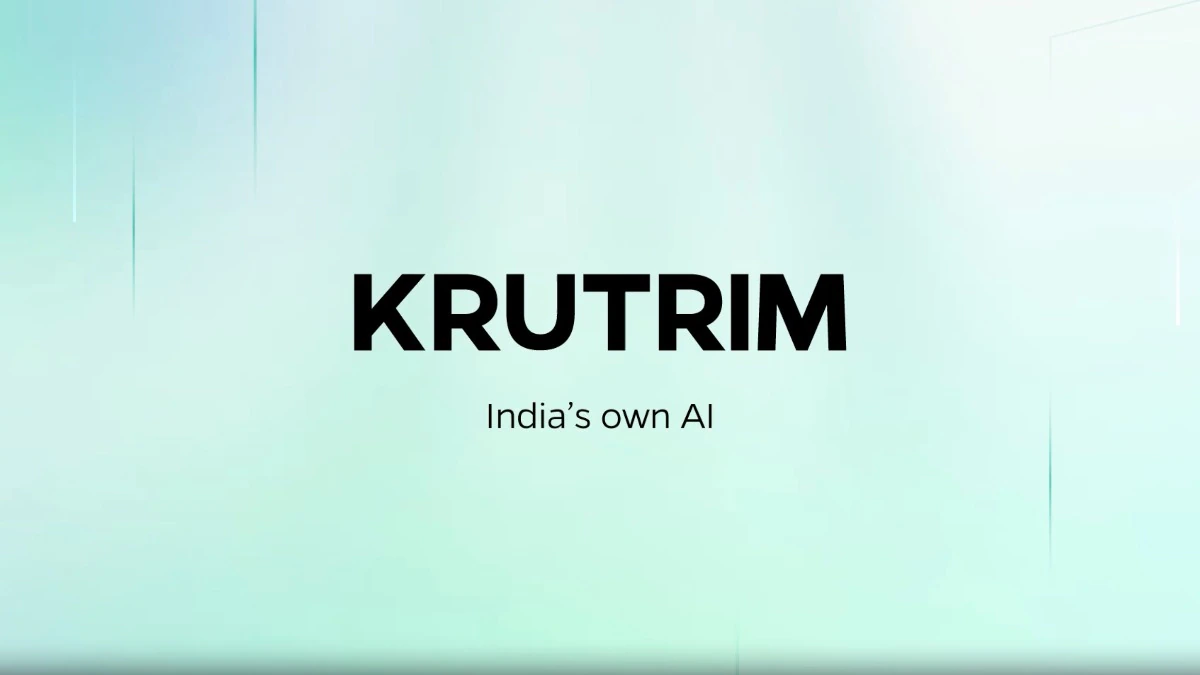Milestone Achievement: Krutrim Claims Title as India’s First Billion-Dollar Valuation AI Startup.
Krutrim, the AI startup founded by serial entrepreneur Bhavish Aggarwal, has achieved unicorn status following a successful funding round that secured $50 million from investors, including Matrix Partners India. This landmark valuation makes Krutrim the first Indian AI startup to reach a billion-dollar milestone, a remarkable feat achieved just one month after the debut of a large language model, as disclosed in a company blog post. The term “Krutrim,” derived from Sanskrit, translates to “artificial,” reflecting the startup’s commitment to advancing artificial intelligence technologies.
In addition to its language model endeavors, Krutrim is actively engaged in the development of data centers, with future aspirations to design servers and supercomputers tailored for the AI ecosystem. The startup’s strategic focus aligns with a broader trend in India, where various startups and academic groups are racing to build large language models in Indian languages, known as Indic LLMs. This movement gained momentum following the launch of OpenAI’s ChatGPT more than a year ago, with the goal of creating indigenous AI systems, reducing dependence on technology from the US or China.
Notably, the global AI landscape also features significant investments in Europe, with France’s Mistral AI attaining a valuation of $2 billion within a year of its founding. Meanwhile, the United Arab Emirates highlights its Falcon model, supported by an Abu Dhabi government research institute. In India, with its vast population of 1.4 billion people, the focus is on developing smaller, cost-efficient AI systems.
Another player in this space, generative AI startup Sarvam, recently introduced OpenHathi, its first open-source Hindi LLM, shortly after securing a substantial $41 million investment from Lightspeed Venture Partners, billionaire Vinod Khosla, and other prominent backers. This dynamic landscape underscores the global race to shape the future of AI, with diverse approaches and innovations emerging across different regions.

Aggarwal’s dedication extends beyond a mere acknowledgment of the need for a robust AI infrastructure; he envisions Ola playing a pivotal role in constructing India’s first comprehensive AI computing stack. This strategic initiative seeks to create a foundational framework that encompasses a wide spectrum of AI technologies, from algorithms and machine learning models to data processing systems. The overarching goal is to empower India with the capability to develop, deploy, and optimize AI solutions tailored to its unique needs and challenges.
The emphasis on building a homegrown AI ecosystem aligns with a global trend where nations are recognizing the strategic importance of AI in various sectors, from healthcare and education to finance and transportation. Aggarwal’s perspective resonates with a broader narrative emphasizing the reduction of dependence on foreign technologies and the cultivation of indigenous expertise.
As Ola expands its footprint beyond ride-hailing into emerging technology domains, Aggarwal’s vision for an indigenous AI computing stack positions the company as a key player in shaping India’s technological future. The confluence of Ola’s expertise in mobility solutions and Aggarwal’s commitment to AI innovation sets the stage for a transformative journey, with far-reaching implications for India’s technological landscape and its aspirations to become a global AI powerhouse.


















